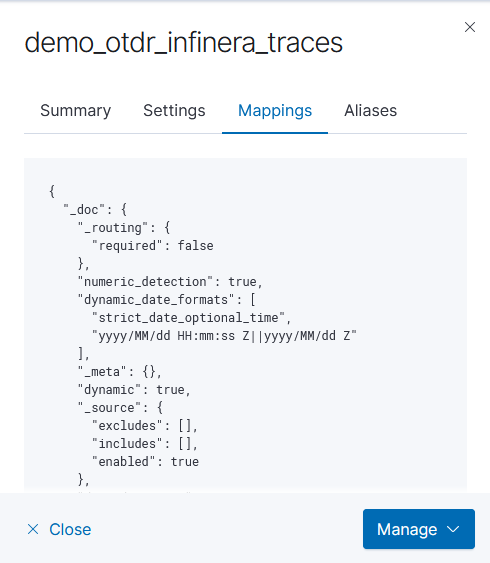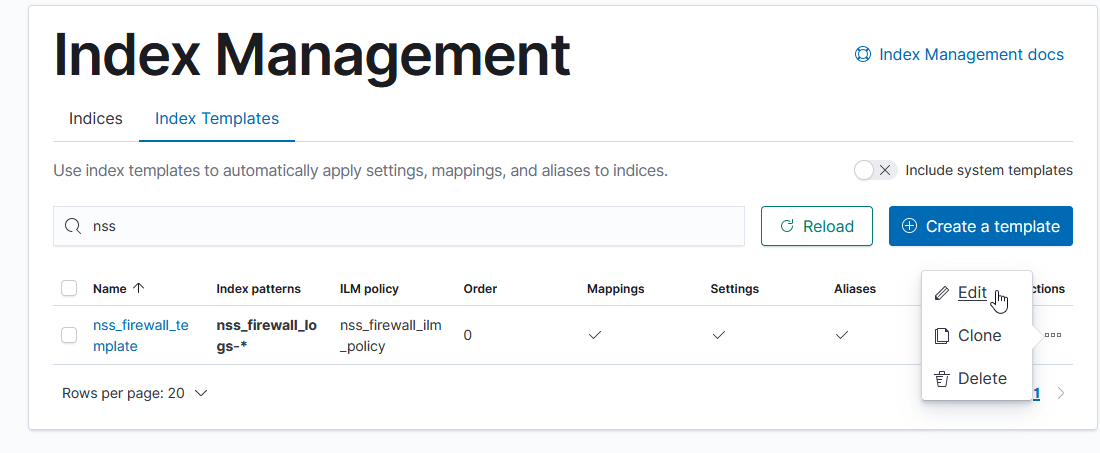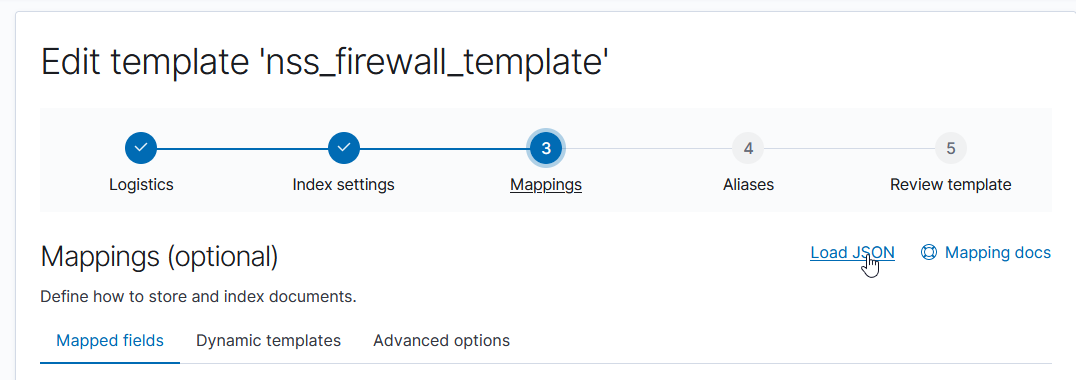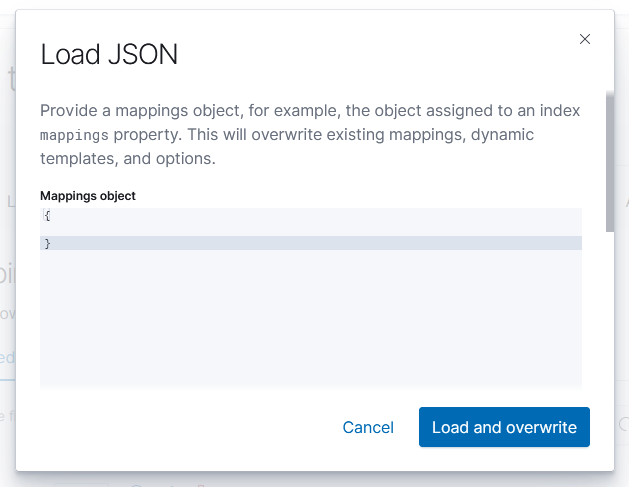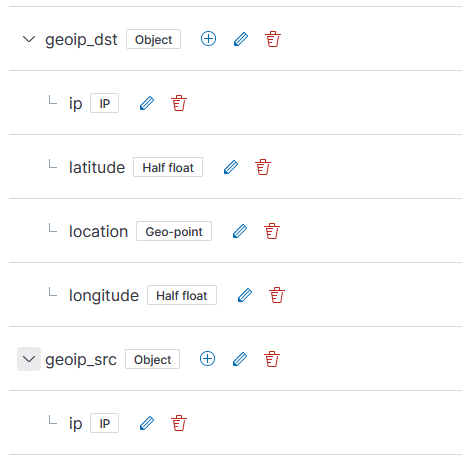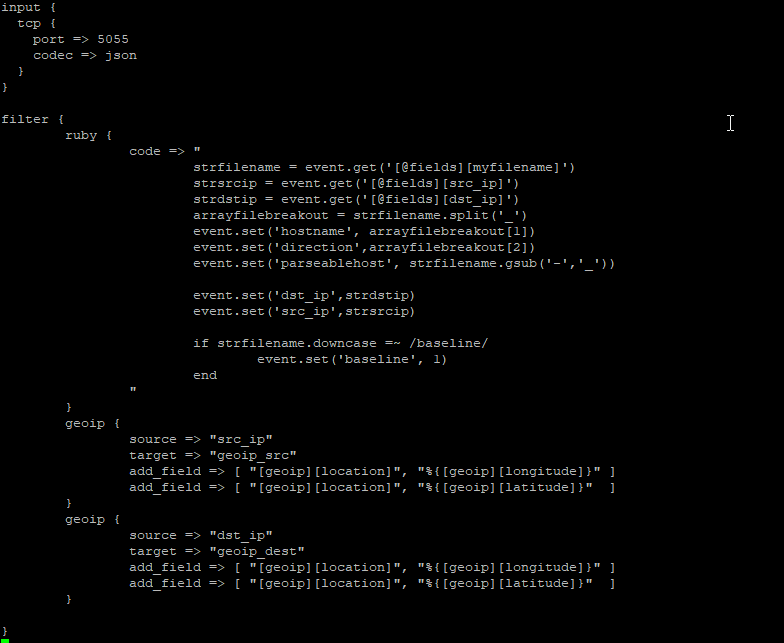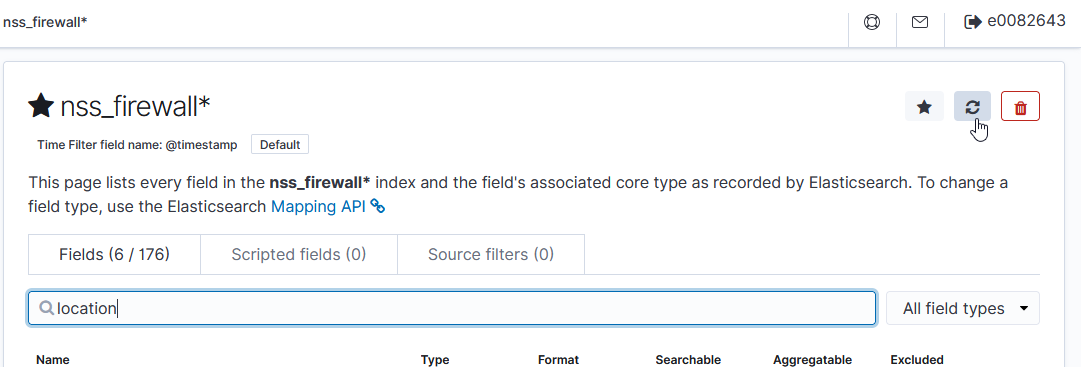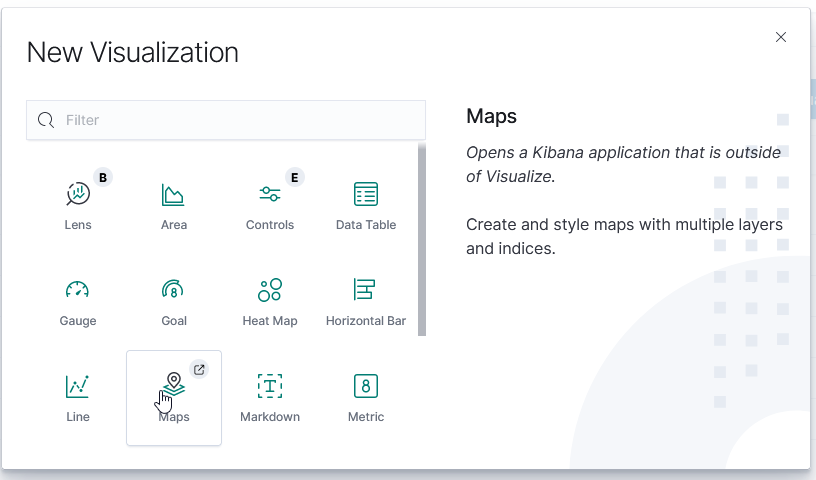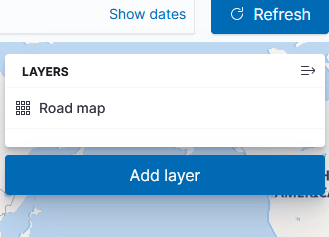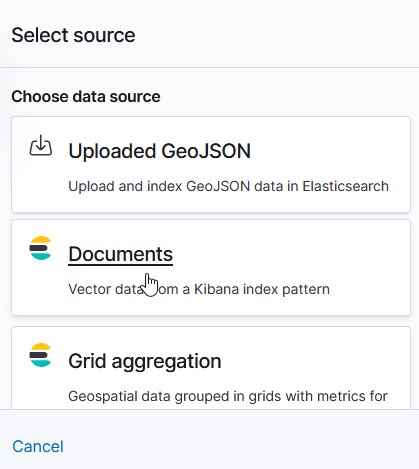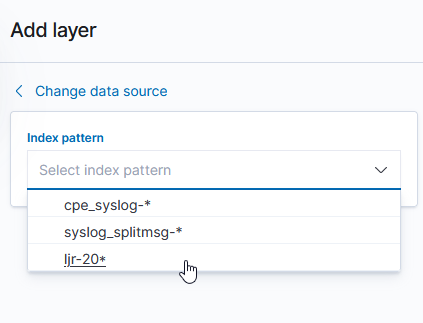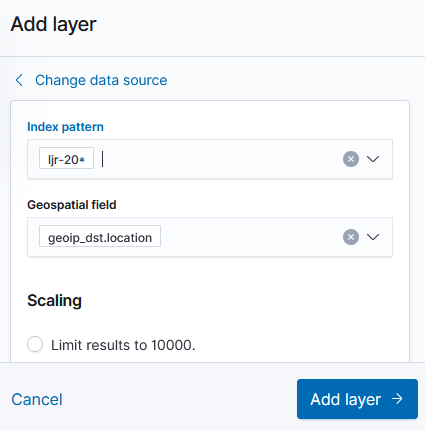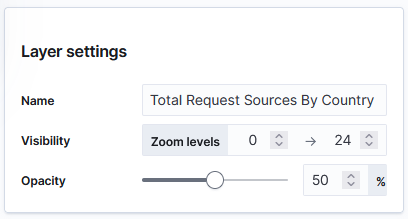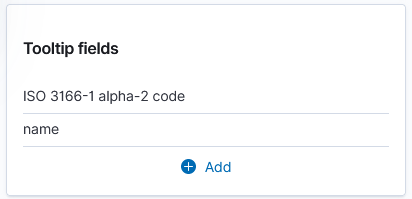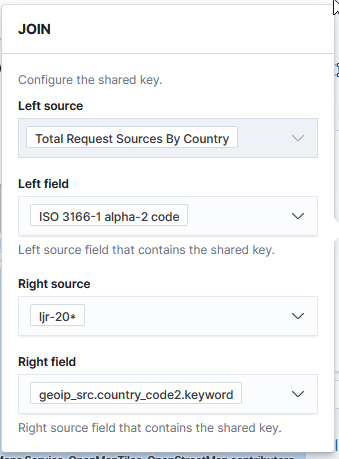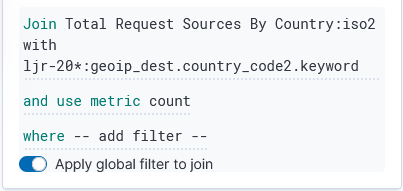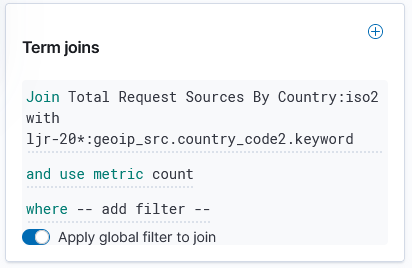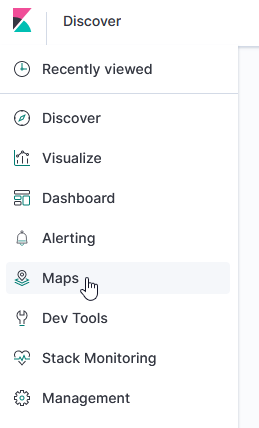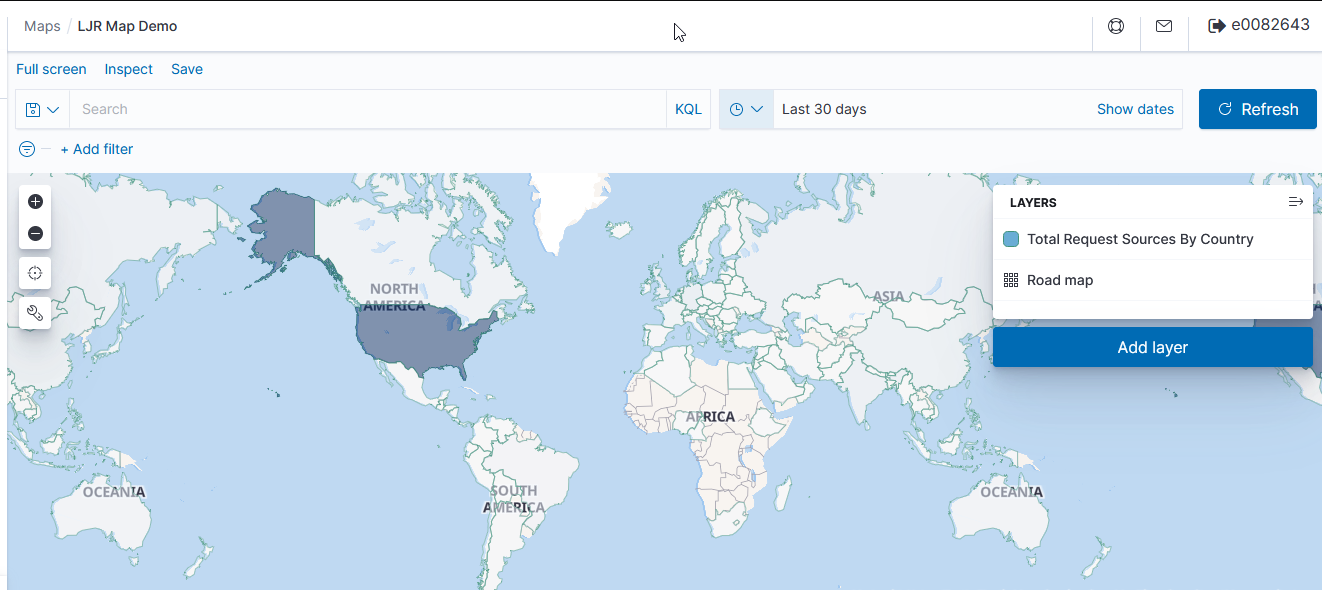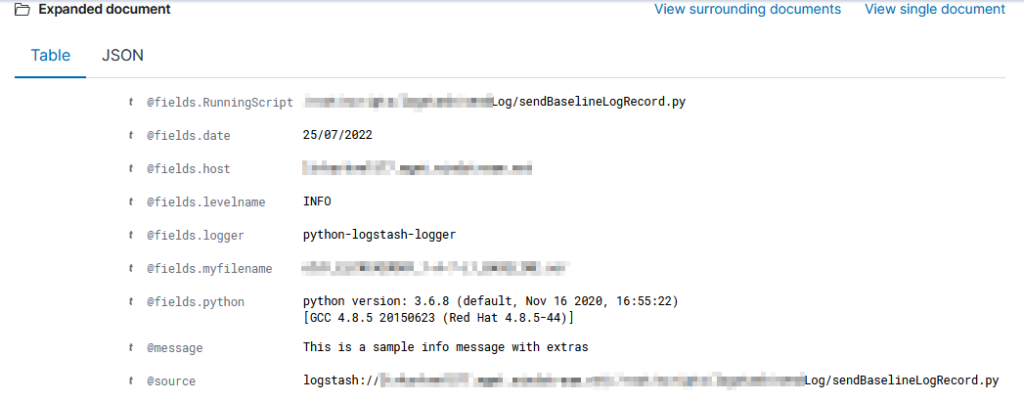Running all of the logstash pipelines in debug mode produces an inundating amount of data, but you can stop logstash and manually run an individual pipeline file (-f) from the command line:
1 | /opt/elk/logstash/bin/logstash -f /opt/elk/logstash/config/ljr_testing.conf --log.level debug |
Which still produces a lot of output, but it’s all relevant to the pipeline that is experiencing a problem:
1 2 3 4 5 6 7 8 9 10 11 12 13 14 15 16 17 18 19 20 21 22 23 24 25 26 27 28 29 30 31 32 33 34 35 36 37 38 39 40 41 42 43 44 45 46 47 48 49 50 51 52 53 54 55 56 57 58 59 60 61 62 63 64 65 66 67 68 69 70 71 72 73 74 75 76 77 78 79 80 81 82 83 84 85 86 87 88 89 90 91 92 93 94 95 96 97 98 99 100 101 102 103 104 105 106 107 108 109 110 111 112 113 114 115 116 117 118 119 120 121 122 123 124 125 126 127 128 129 130 131 132 133 134 135 136 137 138 139 140 141 142 143 144 145 146 147 148 149 150 151 152 153 154 155 156 157 158 159 160 161 162 163 164 165 166 167 168 169 170 171 172 173 | Using bundled JDK: /opt/elk/logstash/jdk/opt/elk/logstash-8.13.1/vendor/bundle/jruby/3.1.0/gems/concurrent-ruby-1.1.9/lib/concurrent-ruby/concurrent/executor/java_thread_pool_executor.rb:13: warning: method redefined; discarding old to_int/opt/elk/logstash-8.13.1/vendor/bundle/jruby/3.1.0/gems/concurrent-ruby-1.1.9/lib/concurrent-ruby/concurrent/executor/java_thread_pool_executor.rb:13: warning: method redefined; discarding old to_fSending Logstash logs to /opt/elk/logstash/logs which is now configured via log4j2.properties[2024-10-23T10:47:36,364][INFO ][logstash.runner ] Log4j configuration path used is: /opt/elk/logstash/config/log4j2.properties[2024-10-23T10:47:36,369][INFO ][logstash.runner ] Starting Logstash {"logstash.version"=>"8.13.1", "jruby.version"=>"jruby 9.4.5.0 (3.1.4) 2023-11-02 1abae2700f OpenJDK 64-Bit Server VM 17.0.10+7 on 17.0.10+7 +indy +jit [x86_64-linux]"}[2024-10-23T10:47:36,371][INFO ][logstash.runner ] JVM bootstrap flags: [-Xms1g, -Xmx1g, -Djava.awt.headless=true, -Dfile.encoding=UTF-8, -Djdk.io.File.enableADS=true, -Djruby.compile.invokedynamic=true, -Djruby.jit.threshold=0, -Djruby.regexp.interruptible=true, -XX:+HeapDumpOnOutOfMemoryError, -Djava.security.egd=file:/dev/urandom, -Dlog4j2.isThreadContextMapInheritable=true, --add-opens=java.base/sun.nio.ch=ALL-UNNAMED, --add-opens=java.base/java.io=ALL-UNNAMED, --add-exports=jdk.compiler/com.sun.tools.javac.api=ALL-UNNAMED, --add-exports=jdk.compiler/com.sun.tools.javac.file=ALL-UNNAMED, --add-exports=jdk.compiler/com.sun.tools.javac.parser=ALL-UNNAMED, --add-exports=jdk.compiler/com.sun.tools.javac.tree=ALL-UNNAMED, --add-exports=jdk.compiler/com.sun.tools.javac.util=ALL-UNNAMED, --add-opens=java.base/java.security=ALL-UNNAMED, --add-opens=java.base/java.io=ALL-UNNAMED, --add-opens=java.base/java.nio.channels=ALL-UNNAMED, --add-opens=java.base/sun.nio.ch=ALL-UNNAMED, --add-opens=java.management/sun.management=ALL-UNNAMED, -Dio.netty.allocator.maxOrder=11][2024-10-23T10:47:36,376][DEBUG][logstash.modules.scaffold] Found module {:module_name=>"fb_apache", :directory=>"/opt/elk/logstash/modules/fb_apache/configuration"}[2024-10-23T10:47:36,376][DEBUG][logstash.plugins.registry] Adding plugin to the registry {:name=>"fb_apache", :type=>:modules, :class=>#<LogStash::Modules::Scaffold:0x14917e38 @directory="/opt/elk/logstash/modules/fb_apache/configuration", @module_name="fb_apache", @kibana_version_parts=["6", "0", "0"]>}[2024-10-23T10:47:36,379][DEBUG][logstash.modules.scaffold] Found module {:module_name=>"netflow", :directory=>"/opt/elk/logstash/modules/netflow/configuration"}[2024-10-23T10:47:36,379][DEBUG][logstash.plugins.registry] Adding plugin to the registry {:name=>"netflow", :type=>:modules, :class=>#<LogStash::Modules::Scaffold:0x5909021c @directory="/opt/elk/logstash/modules/netflow/configuration", @module_name="netflow", @kibana_version_parts=["6", "0", "0"]>}[2024-10-23T10:47:36,408][DEBUG][logstash.runner ] Setting global FieldReference escape style: none[2024-10-23T10:47:36,606][DEBUG][logstash.runner ] -------- Logstash Settings (* means modified) ---------[2024-10-23T10:47:36,606][DEBUG][logstash.runner ] allow_superuser: true[2024-10-23T10:47:36,606][DEBUG][logstash.runner ] node.name: "logstashhost.example.net"[2024-10-23T10:47:36,606][DEBUG][logstash.runner ] *path.config: "/opt/elk/logstash/config/ljr_testing.conf"[2024-10-23T10:47:36,607][DEBUG][logstash.runner ] path.data: "/opt/elk/logstash/data"[2024-10-23T10:47:36,607][DEBUG][logstash.runner ] modules.cli: #<Java::OrgLogstashUtil::ModulesSettingArray: []>[2024-10-23T10:47:36,607][DEBUG][logstash.runner ] modules: [][2024-10-23T10:47:36,607][DEBUG][logstash.runner ] modules_list: [][2024-10-23T10:47:36,607][DEBUG][logstash.runner ] modules_variable_list: [][2024-10-23T10:47:36,607][DEBUG][logstash.runner ] modules_setup: false[2024-10-23T10:47:36,607][DEBUG][logstash.runner ] config.test_and_exit: false[2024-10-23T10:47:36,607][DEBUG][logstash.runner ] config.reload.automatic: false[2024-10-23T10:47:36,607][DEBUG][logstash.runner ] config.reload.interval: #<Java::OrgLogstashUtil::TimeValue:0x4e8224cf>[2024-10-23T10:47:36,607][DEBUG][logstash.runner ] config.support_escapes: false[2024-10-23T10:47:36,607][DEBUG][logstash.runner ] config.field_reference.escape_style: "none"[2024-10-23T10:47:36,607][DEBUG][logstash.runner ] event_api.tags.illegal: "rename"[2024-10-23T10:47:36,607][DEBUG][logstash.runner ] metric.collect: true[2024-10-23T10:47:36,607][DEBUG][logstash.runner ] pipeline.id: "main"[2024-10-23T10:47:36,608][DEBUG][logstash.runner ] pipeline.system: false[2024-10-23T10:47:36,608][DEBUG][logstash.runner ] pipeline.workers: 4[2024-10-23T10:47:36,608][DEBUG][logstash.runner ] pipeline.batch.size: 125[2024-10-23T10:47:36,608][DEBUG][logstash.runner ] pipeline.batch.delay: 50[2024-10-23T10:47:36,608][DEBUG][logstash.runner ] pipeline.unsafe_shutdown: false[2024-10-23T10:47:36,608][DEBUG][logstash.runner ] pipeline.reloadable: true[2024-10-23T10:47:36,608][DEBUG][logstash.runner ] pipeline.plugin_classloaders: false[2024-10-23T10:47:36,608][DEBUG][logstash.runner ] pipeline.separate_logs: false[2024-10-23T10:47:36,608][DEBUG][logstash.runner ] pipeline.ordered: "auto"[2024-10-23T10:47:36,608][DEBUG][logstash.runner ] pipeline.ecs_compatibility: "v8"[2024-10-23T10:47:36,608][DEBUG][logstash.runner ] path.plugins: [][2024-10-23T10:47:36,608][DEBUG][logstash.runner ] config.debug: false[2024-10-23T10:47:36,608][DEBUG][logstash.runner ] *log.level: "debug" (default: "info")[2024-10-23T10:47:36,609][DEBUG][logstash.runner ] version: false[2024-10-23T10:47:36,609][DEBUG][logstash.runner ] help: false[2024-10-23T10:47:36,609][DEBUG][logstash.runner ] enable-local-plugin-development: false[2024-10-23T10:47:36,609][DEBUG][logstash.runner ] log.format: "plain"[2024-10-23T10:47:36,609][DEBUG][logstash.runner ] api.enabled: true[2024-10-23T10:47:36,609][DEBUG][logstash.runner ] *api.http.host: "10.166.25.148" (via deprecated `http.host`; default: "127.0.0.1")[2024-10-23T10:47:36,609][DEBUG][logstash.runner ] *http.host: "10.166.25.148"[2024-10-23T10:47:36,609][DEBUG][logstash.runner ] *api.http.port: 9600..9600 (via deprecated `http.port`; default: 9600..9700)[2024-10-23T10:47:36,609][DEBUG][logstash.runner ] *http.port: 9600..9600[2024-10-23T10:47:36,609][DEBUG][logstash.runner ] api.environment: "production"[2024-10-23T10:47:36,609][DEBUG][logstash.runner ] api.auth.type: "none"[2024-10-23T10:47:36,609][DEBUG][logstash.runner ] api.auth.basic.password_policy.mode: "WARN"[2024-10-23T10:47:36,610][DEBUG][logstash.runner ] api.auth.basic.password_policy.length.minimum: 8[2024-10-23T10:47:36,610][DEBUG][logstash.runner ] api.auth.basic.password_policy.include.upper: "REQUIRED"[2024-10-23T10:47:36,610][DEBUG][logstash.runner ] api.auth.basic.password_policy.include.lower: "REQUIRED"[2024-10-23T10:47:36,610][DEBUG][logstash.runner ] api.auth.basic.password_policy.include.digit: "REQUIRED"[2024-10-23T10:47:36,610][DEBUG][logstash.runner ] api.auth.basic.password_policy.include.symbol: "OPTIONAL"[2024-10-23T10:47:36,610][DEBUG][logstash.runner ] api.ssl.enabled: false[2024-10-23T10:47:36,610][DEBUG][logstash.runner ] api.ssl.supported_protocols: [][2024-10-23T10:47:36,610][DEBUG][logstash.runner ] queue.type: "memory"[2024-10-23T10:47:36,610][DEBUG][logstash.runner ] queue.drain: false[2024-10-23T10:47:36,610][DEBUG][logstash.runner ] queue.page_capacity: 67108864[2024-10-23T10:47:36,610][DEBUG][logstash.runner ] queue.max_bytes: 1073741824[2024-10-23T10:47:36,610][DEBUG][logstash.runner ] queue.max_events: 0[2024-10-23T10:47:36,610][DEBUG][logstash.runner ] queue.checkpoint.acks: 1024[2024-10-23T10:47:36,611][DEBUG][logstash.runner ] queue.checkpoint.writes: 1024[2024-10-23T10:47:36,611][DEBUG][logstash.runner ] queue.checkpoint.interval: 1000[2024-10-23T10:47:36,611][DEBUG][logstash.runner ] queue.checkpoint.retry: true[2024-10-23T10:47:36,611][DEBUG][logstash.runner ] dead_letter_queue.enable: false[2024-10-23T10:47:36,611][DEBUG][logstash.runner ] dead_letter_queue.max_bytes: 1073741824[2024-10-23T10:47:36,611][DEBUG][logstash.runner ] dead_letter_queue.flush_interval: 5000[2024-10-23T10:47:36,611][DEBUG][logstash.runner ] dead_letter_queue.storage_policy: "drop_newer"[2024-10-23T10:47:36,611][DEBUG][logstash.runner ] slowlog.threshold.warn: #<Java::OrgLogstashUtil::TimeValue:0x3436da82>[2024-10-23T10:47:36,611][DEBUG][logstash.runner ] slowlog.threshold.info: #<Java::OrgLogstashUtil::TimeValue:0x1001ede3>[2024-10-23T10:47:36,611][DEBUG][logstash.runner ] slowlog.threshold.debug: #<Java::OrgLogstashUtil::TimeValue:0x41820105>[2024-10-23T10:47:36,611][DEBUG][logstash.runner ] slowlog.threshold.trace: #<Java::OrgLogstashUtil::TimeValue:0x2bb4b203>[2024-10-23T10:47:36,611][DEBUG][logstash.runner ] keystore.classname: "org.logstash.secret.store.backend.JavaKeyStore"[2024-10-23T10:47:36,612][DEBUG][logstash.runner ] keystore.file: "/opt/elk/logstash/config/logstash.keystore"[2024-10-23T10:47:36,612][DEBUG][logstash.runner ] *monitoring.cluster_uuid: "hosq-h4ESECe63l2DvgymA"[2024-10-23T10:47:36,612][DEBUG][logstash.runner ] path.queue: "/opt/elk/logstash/data/queue"[2024-10-23T10:47:36,612][DEBUG][logstash.runner ] path.dead_letter_queue: "/opt/elk/logstash/data/dead_letter_queue"[2024-10-23T10:47:36,612][DEBUG][logstash.runner ] path.settings: "/opt/elk/logstash/config"[2024-10-23T10:47:36,612][DEBUG][logstash.runner ] path.logs: "/opt/elk/logstash/logs"[2024-10-23T10:47:36,612][DEBUG][logstash.runner ] xpack.monitoring.enabled: false[2024-10-23T10:47:36,612][DEBUG][logstash.runner ] xpack.monitoring.elasticsearch.hosts: ["http://localhost:9200"][2024-10-23T10:47:36,612][DEBUG][logstash.runner ] xpack.monitoring.collection.interval: #<Java::OrgLogstashUtil::TimeValue:0x35f2b220>[2024-10-23T10:47:36,612][DEBUG][logstash.runner ] xpack.monitoring.collection.timeout_interval: #<Java::OrgLogstashUtil::TimeValue:0x296c863c>[2024-10-23T10:47:36,612][DEBUG][logstash.runner ] xpack.monitoring.elasticsearch.username: "logstash_system"[2024-10-23T10:47:36,612][DEBUG][logstash.runner ] xpack.monitoring.elasticsearch.ssl.verification_mode: "full"[2024-10-23T10:47:36,612][DEBUG][logstash.runner ] xpack.monitoring.elasticsearch.ssl.cipher_suites: [][2024-10-23T10:47:36,613][DEBUG][logstash.runner ] xpack.monitoring.elasticsearch.sniffing: false[2024-10-23T10:47:36,613][DEBUG][logstash.runner ] xpack.monitoring.collection.pipeline.details.enabled: true[2024-10-23T10:47:36,613][DEBUG][logstash.runner ] xpack.monitoring.collection.config.enabled: true[2024-10-23T10:47:36,613][DEBUG][logstash.runner ] monitoring.enabled: false[2024-10-23T10:47:36,613][DEBUG][logstash.runner ] monitoring.elasticsearch.hosts: ["http://localhost:9200"][2024-10-23T10:47:36,613][DEBUG][logstash.runner ] monitoring.collection.interval: #<Java::OrgLogstashUtil::TimeValue:0x6d5f9907>[2024-10-23T10:47:36,613][DEBUG][logstash.runner ] monitoring.collection.timeout_interval: #<Java::OrgLogstashUtil::TimeValue:0x69d0fac0>[2024-10-23T10:47:36,613][DEBUG][logstash.runner ] monitoring.elasticsearch.username: "logstash_system"[2024-10-23T10:47:36,613][DEBUG][logstash.runner ] monitoring.elasticsearch.ssl.verification_mode: "full"[2024-10-23T10:47:36,613][DEBUG][logstash.runner ] monitoring.elasticsearch.ssl.cipher_suites: [][2024-10-23T10:47:36,613][DEBUG][logstash.runner ] monitoring.elasticsearch.sniffing: false[2024-10-23T10:47:36,613][DEBUG][logstash.runner ] monitoring.collection.pipeline.details.enabled: true[2024-10-23T10:47:36,613][DEBUG][logstash.runner ] monitoring.collection.config.enabled: true[2024-10-23T10:47:36,613][DEBUG][logstash.runner ] node.uuid: ""[2024-10-23T10:47:36,613][DEBUG][logstash.runner ] xpack.geoip.downloader.endpoint: "https://geoip.elastic.co/v1/database"[2024-10-23T10:47:36,614][DEBUG][logstash.runner ] xpack.geoip.downloader.poll.interval: #<Java::OrgLogstashUtil::TimeValue:0x52e2ea7a>[2024-10-23T10:47:36,614][DEBUG][logstash.runner ] xpack.geoip.downloader.enabled: true[2024-10-23T10:47:36,614][DEBUG][logstash.runner ] xpack.management.enabled: false[2024-10-23T10:47:36,614][DEBUG][logstash.runner ] xpack.management.logstash.poll_interval: #<Java::OrgLogstashUtil::TimeValue:0x6d5a43c1>[2024-10-23T10:47:36,614][DEBUG][logstash.runner ] xpack.management.pipeline.id: ["main"][2024-10-23T10:47:36,614][DEBUG][logstash.runner ] xpack.management.elasticsearch.username: "logstash_system"[2024-10-23T10:47:36,614][DEBUG][logstash.runner ] xpack.management.elasticsearch.hosts: ["https://localhost:9200"][2024-10-23T10:47:36,614][DEBUG][logstash.runner ] xpack.management.elasticsearch.ssl.cipher_suites: [][2024-10-23T10:47:36,614][DEBUG][logstash.runner ] xpack.management.elasticsearch.ssl.verification_mode: "full"[2024-10-23T10:47:36,614][DEBUG][logstash.runner ] xpack.management.elasticsearch.sniffing: false[2024-10-23T10:47:36,614][DEBUG][logstash.runner ] --------------- Logstash Settings -------------------[2024-10-23T10:47:36,640][WARN ][logstash.config.source.multilocal] Ignoring the 'pipelines.yml' file because modules or command line options are specified[2024-10-23T10:47:36,682][DEBUG][logstash.agent ] Initializing API WebServer {"api.http.host"=>"10.166.25.148", "api.http.port"=>9600..9600, "api.ssl.enabled"=>false, "api.auth.type"=>"none", "api.environment"=>"production"}[2024-10-23T10:47:36,790][DEBUG][logstash.api.service ] [api-service] start[2024-10-23T10:47:36,868][DEBUG][logstash.agent ] Setting up metric collection[2024-10-23T10:47:36,912][DEBUG][logstash.instrument.periodicpoller.os] Starting {:polling_interval=>5, :polling_timeout=>120}[2024-10-23T10:47:37,121][DEBUG][logstash.instrument.periodicpoller.jvm] Starting {:polling_interval=>5, :polling_timeout=>120}[2024-10-23T10:47:37,178][DEBUG][logstash.instrument.periodicpoller.jvm] collector name {:name=>"G1 Young Generation"}[2024-10-23T10:47:37,182][DEBUG][logstash.instrument.periodicpoller.jvm] collector name {:name=>"G1 Old Generation"}[2024-10-23T10:47:37,196][DEBUG][logstash.instrument.periodicpoller.persistentqueue] Starting {:polling_interval=>5, :polling_timeout=>120}[2024-10-23T10:47:37,205][DEBUG][logstash.instrument.periodicpoller.deadletterqueue] Starting {:polling_interval=>5, :polling_timeout=>120}[2024-10-23T10:47:37,208][DEBUG][logstash.instrument.periodicpoller.flowrate] Starting {:polling_interval=>5, :polling_timeout=>120}[2024-10-23T10:47:37,519][DEBUG][logstash.agent ] Starting agent[2024-10-23T10:47:37,530][DEBUG][logstash.agent ] Starting API WebServer (puma)[2024-10-23T10:47:37,586][DEBUG][logstash.config.source.local.configpathloader] Reading config file {:config_file=>"/opt/elk/logstash/config/ljr_testing.conf"}[2024-10-23T10:47:37,596][DEBUG][logstash.agent ] Trying to start API WebServer {:port=>9600, :ssl_enabled=>false}[2024-10-23T10:47:37,657][DEBUG][logstash.agent ] Converging pipelines state {:actions_count=>1}[2024-10-23T10:47:37,669][DEBUG][logstash.agent ] Executing action {:action=>LogStash::PipelineAction::Create/pipeline_id:main}[2024-10-23T10:47:37,683][DEBUG][org.logstash.secret.store.SecretStoreFactory] Attempting to exists or secret store with implementation: org.logstash.secret.store.backend.JavaKeyStore[2024-10-23T10:47:37,758][INFO ][logstash.agent ] Successfully started Logstash API endpoint {:port=>9600, :ssl_enabled=>false}[2024-10-23T10:47:38,172][INFO ][org.reflections.Reflections] Reflections took 86 ms to scan 1 urls, producing 132 keys and 468 values[2024-10-23T10:47:38,191][DEBUG][org.logstash.secret.store.SecretStoreFactory] Attempting to exists or secret store with implementation: org.logstash.secret.store.backend.JavaKeyStore[2024-10-23T10:47:38,219][DEBUG][logstash.plugins.registry] On demand adding plugin to the registry {:name=>"generator", :type=>"input", :class=>LogStash::Inputs::Generator}[2024-10-23T10:47:38,289][DEBUG][logstash.plugins.registry] On demand adding plugin to the registry {:name=>"json", :type=>"codec", :class=>LogStash::Codecs::JSON}[2024-10-23T10:47:38,318][DEBUG][logstash.codecs.json ] config LogStash::Codecs::JSON/@id = "json_3f7d0e36-fb51-4b2a-993f-4287698b2b63"[2024-10-23T10:47:38,319][DEBUG][logstash.codecs.json ] config LogStash::Codecs::JSON/@enable_metric = true[2024-10-23T10:47:38,319][DEBUG][logstash.codecs.json ] config LogStash::Codecs::JSON/@charset = "UTF-8"[2024-10-23T10:47:38,346][DEBUG][logstash.inputs.generator] config LogStash::Inputs::Generator/@count = 1[2024-10-23T10:47:38,350][DEBUG][logstash.inputs.generator] config LogStash::Inputs::Generator/@codec = <LogStash::Codecs::JSON id=>"json_3f7d0e36-fb51-4b2a-993f-4287698b2b63", enable_metric=>true, charset=>"UTF-8">[2024-10-23T10:47:38,351][DEBUG][logstash.inputs.generator] config LogStash::Inputs::Generator/@id = "ca89bb64fce3017f652b7d9e15198c67ecfbcea7435cac7e2316ed9f567a0820"[2024-10-23T10:47:38,351][DEBUG][logstash.inputs.generator] config LogStash::Inputs::Generator/@message = "{\"test\": \"data\"}"[2024-10-23T10:47:38,351][DEBUG][logstash.inputs.generator] config LogStash::Inputs::Generator/@enable_metric = true[2024-10-23T10:47:38,351][DEBUG][logstash.inputs.generator] config LogStash::Inputs::Generator/@add_field = {}[2024-10-23T10:47:38,351][DEBUG][logstash.inputs.generator] config LogStash::Inputs::Generator/@threads = 1[2024-10-23T10:47:38,392][DEBUG][logstash.plugins.registry] On demand adding plugin to the registry {:name=>"http", :type=>"output", :class=>LogStash::Outputs::Http}[2024-10-23T10:47:38,405][DEBUG][logstash.codecs.json ] config LogStash::Codecs::JSON/@id = "json_523f376a-5ed8-44dc-a17c-ff9f1daad51a"[2024-10-23T10:47:38,406][DEBUG][logstash.codecs.json ] config LogStash::Codecs::JSON/@enable_metric = true[2024-10-23T10:47:38,406][DEBUG][logstash.codecs.json ] config LogStash::Codecs::JSON/@charset = "UTF-8"[2024-10-23T10:47:38,413][ERROR][logstash.outputs.http ] Unknown setting 'ssl_verification_mode' for http[2024-10-23T10:47:38,420][ERROR][logstash.agent ] Failed to execute action {:action=>LogStash::PipelineAction::Create/pipeline_id:main, :exception=>"Java::JavaLang::IllegalStateException", :message=>"Unable to configure plugins: (ConfigurationError) Something is wrong with your configuration.", :backtrace=>["org.logstash.config.ir.CompiledPipeline.<init>(CompiledPipeline.java:120)", "org.logstash.execution.AbstractPipelineExt.initialize(AbstractPipelineExt.java:186)", "org.logstash.execution.AbstractPipelineExt$INVOKER$i$initialize.call(AbstractPipelineExt$INVOKER$i$initialize.gen)", "org.jruby.internal.runtime.methods.JavaMethod$JavaMethodN.call(JavaMethod.java:847)", "org.jruby.ir.runtime.IRRuntimeHelpers.instanceSuper(IRRuntimeHelpers.java:1319)", "org.jruby.ir.runtime.IRRuntimeHelpers.instanceSuperSplatArgs(IRRuntimeHelpers.java:1292)", "org.jruby.ir.targets.indy.InstanceSuperInvokeSite.invoke(InstanceSuperInvokeSite.java:30)", "opt.elk.logstash_minus_8_dot_13_dot_1.logstash_minus_core.lib.logstash.java_pipeline.RUBY$method$initialize$0(/opt/elk/logstash-8.13.1/logstash-core/lib/logstash/java_pipeline.rb:48)", "org.jruby.internal.runtime.methods.CompiledIRMethod.call(CompiledIRMethod.java:139)", "org.jruby.internal.runtime.methods.MixedModeIRMethod.call(MixedModeIRMethod.java:112)", "org.jruby.runtime.callsite.CachingCallSite.cacheAndCall(CachingCallSite.java:446)", "org.jruby.runtime.callsite.CachingCallSite.call(CachingCallSite.java:92)", "org.jruby.RubyClass.newInstance(RubyClass.java:931)", "org.jruby.RubyClass$INVOKER$i$newInstance.call(RubyClass$INVOKER$i$newInstance.gen)", "org.jruby.ir.targets.indy.InvokeSite.performIndirectCall(InvokeSite.java:735)", "org.jruby.ir.targets.indy.InvokeSite.invoke(InvokeSite.java:657)", "opt.elk.logstash_minus_8_dot_13_dot_1.logstash_minus_core.lib.logstash.pipeline_action.create.RUBY$method$execute$0(/opt/elk/logstash-8.13.1/logstash-core/lib/logstash/pipeline_action/create.rb:49)", "opt.elk.logstash_minus_8_dot_13_dot_1.logstash_minus_core.lib.logstash.pipeline_action.create.RUBY$method$execute$0$__VARARGS__(/opt/elk/logstash-8.13.1/logstash-core/lib/logstash/pipeline_action/create.rb:48)", "org.jruby.internal.runtime.methods.CompiledIRMethod.call(CompiledIRMethod.java:139)", "org.jruby.internal.runtime.methods.MixedModeIRMethod.call(MixedModeIRMethod.java:112)", "org.jruby.ir.targets.indy.InvokeSite.performIndirectCall(InvokeSite.java:735)", "org.jruby.ir.targets.indy.InvokeSite.invoke(InvokeSite.java:657)", "opt.elk.logstash_minus_8_dot_13_dot_1.logstash_minus_core.lib.logstash.agent.RUBY$block$converge_state$2(/opt/elk/logstash-8.13.1/logstash-core/lib/logstash/agent.rb:386)", "org.jruby.runtime.CompiledIRBlockBody.callDirect(CompiledIRBlockBody.java:141)", "org.jruby.runtime.IRBlockBody.call(IRBlockBody.java:64)", "org.jruby.runtime.IRBlockBody.call(IRBlockBody.java:58)", "org.jruby.runtime.Block.call(Block.java:144)", "org.jruby.RubyProc.call(RubyProc.java:352)", "org.jruby.internal.runtime.RubyRunnable.run(RubyRunnable.java:111)", "java.base/java.lang.Thread.run(Thread.java:840)"]}[2024-10-23T10:47:38,448][DEBUG][logstash.agent ] Shutting down all pipelines {:pipelines_count=>0}[2024-10-23T10:47:38,449][DEBUG][logstash.agent ] Converging pipelines state {:actions_count=>0}[2024-10-23T10:47:38,452][DEBUG][logstash.instrument.periodicpoller.os] Stopping[2024-10-23T10:47:38,457][DEBUG][logstash.instrument.periodicpoller.jvm] Stopping[2024-10-23T10:47:38,458][DEBUG][logstash.instrument.periodicpoller.persistentqueue] Stopping[2024-10-23T10:47:38,458][DEBUG][logstash.instrument.periodicpoller.deadletterqueue] Stopping[2024-10-23T10:47:38,458][DEBUG][logstash.instrument.periodicpoller.flowrate] Stopping[2024-10-23T10:47:38,483][DEBUG][logstash.agent ] API WebServer has stopped running[2024-10-23T10:47:38,484][INFO ][logstash.runner ] Logstash shut down.[2024-10-23T10:47:38,493][FATAL][org.logstash.Logstash ] Logstash stopped processing because of an error: (SystemExit) exitorg.jruby.exceptions.SystemExit: (SystemExit) exit at org.jruby.RubyKernel.exit(org/jruby/RubyKernel.java:808) ~[jruby.jar:?] at org.jruby.RubyKernel.exit(org/jruby/RubyKernel.java:767) ~[jruby.jar:?] at opt.elk.logstash.lib.bootstrap.environment.<main>(/opt/elk/logstash/lib/bootstrap/environment.rb:90) ~[?:?]logstashhost:config # |
Voila — the error!
1 | [2024-10-23T10:47:38,413][ERROR][logstash.outputs.http ] Unknown setting 'ssl_verification_mode' for http |
And, it turns out, the ssl_verification_mode setting didn’t exist in the older version of logstash that’s running in prod. Just as well, it appears to be working and verifying the cert chain on the destination.
